
Project Partners
Filters

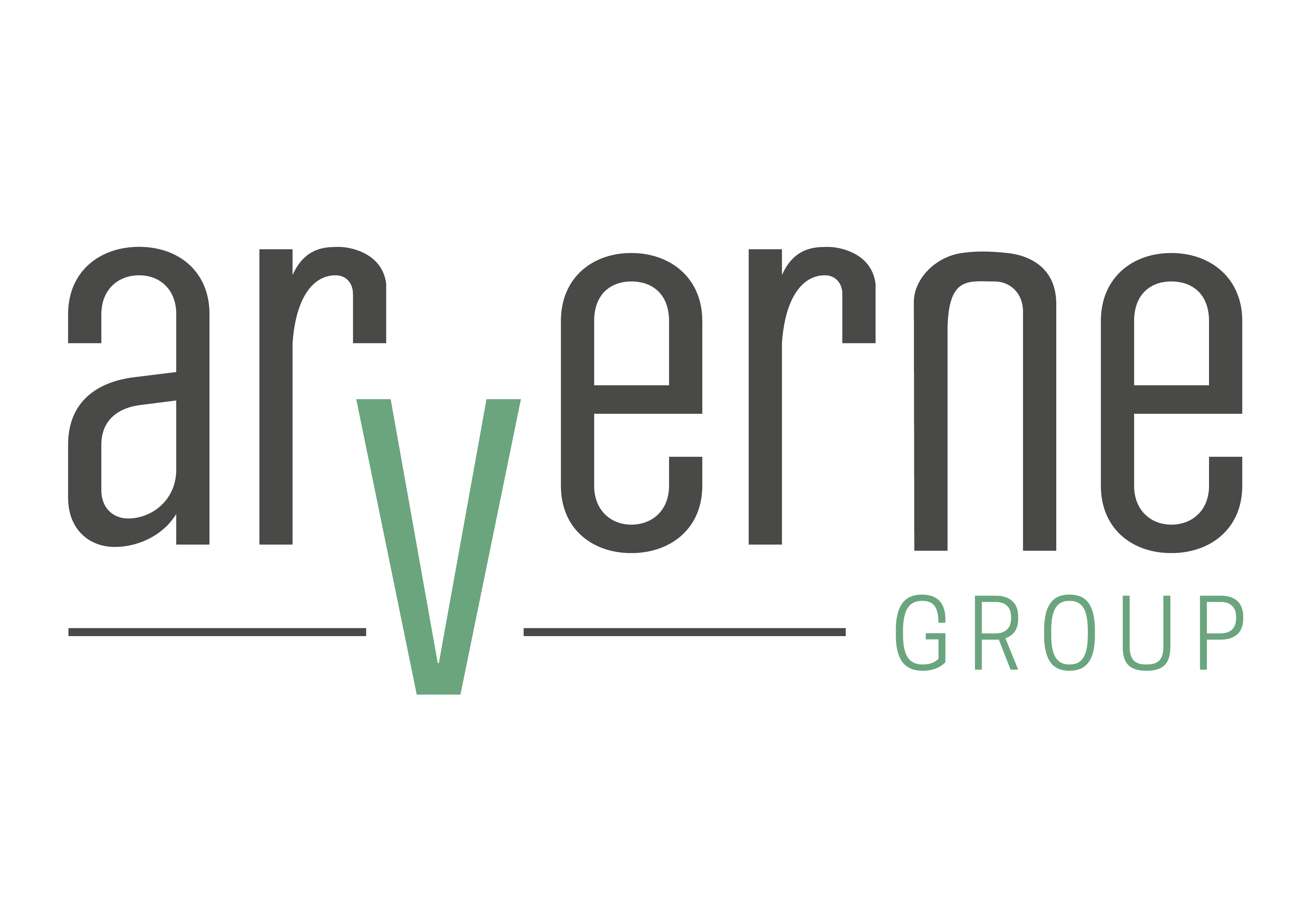

Arverne Group (third party)
Work Packages: 4
Country: France
ARVERNE’s mission is to tackle a challenge: fulfill the energy transition without compromising progress nor hamper our economical prosperity.
The Arverne group, with multiple competences, expertise and operational experiences in Exploration & Production Subsurface, Enhanced Oil Recovery (EOR), Drilling, Project Management. It is implicated in the well drilling and/or completion design (injection and monitoring) task 4.2 of WP4. Arverne will concretely participate in the Paris Basin meeting to assist French team in the well drilling/completion design.


Avenia
Work Packages: WP1, WP7
Country: France
Based in Pau, in south-west France, Pole AVENIA is one of the country’s ‘pôles de compétitivité’, or competitiveness clusters, set up with government backing to encourage and promote collaborative innovation in R&D projects. A membership organisation representing more than 200 companies and organisations, it specialises in sub-surface activities. It supports the growth of small and medium enterprises, and enables technology transfer between different sectors.
Three AVENIA members will be involved in the project as industrial third parties: Arverne, the S3 company, and the French arm of Vermilion Energy.
The Pyrenean foothills have several depleted reservoirs which could serve as storage sites, as well as several significant emitters. AVENIA has been bringing together regional stakeholders since 2020 to facilitate the emergence of a regional project. Its participation in PilotSTRATEGY will therefore provide valuable learnings for implementation of CCUS in south-west France.
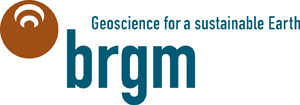

BRGM
Project coordinator
Work Packages: WP1 (leader), WP2, WP3 (co-lead), WP5 (leader)
Country: France
BRGM is the French Geological Survey and the country’s leading public institution in Earth Sciences. Its main activities are scientific research, supporting government policy, and international cooperation and development. It is one of the pioneers of CO2 geological storage research, participating from 1993 in the first European research project (Joule II) and in the first global pilots (Sleipner, Weyburn, In Salah, Nagaoka, Ketzin, Lacq-Rousse and Hontomín). It was also closely involved in the studies to set up a demonstration project for CO2 storage in France in 2010-2012 (Ademe France Nord and TGR BF).
Its scientists have expertise in site selection and characterisation, predictive modelling and storage capacity estimates, risk analysis, monitoring and safety management, thus addressing a wide range of the issues related to CO2 geological storage.
BRGM has managed the CO2GeoNet European Network of Excellence on the geological storage of CO2. It is the coordinator of STRATEGY CCUS, the forerunner Horizon 2020 project to PilotSTRATEGY; of the CO2SERRE project (2019-22); and of the CO2-DISSOLVED initiative. It was the coordinator of two EU FP7 projects, CGS Europe and ULTimateCO2, and of the Horizon 2020 ENOS project, and is a member of ZEP, EERA CCS and French Club CO2. It also coordinates the French arm of ECCSEL ERIC, the European Research Infrastructure for CCUS.


CERTH
Work Packages: WP1, WP2, WP3, WP4, WP5, WP6, WP7
Country: Greece
Founded in 2000, the Centre for Research and Technology Hellas (CERTH) is the largest research centre in Northern Greece. A non-profit organisation reporting to the Research and Technology arm of the Greek Ministry of Development, its research is aimed at developing novel products and services of industrial, economic and social importance. This includes chemical and biochemical processes and advanced functional materials, environmentally friendly technologies for solid fuels, and alternative energy sources.
It has participated in more than 1,000 competitive research projects financed by the EU, including STRATEGY CCUS, the predecessor project to PilotSTRATEGY. The Chemical Process & Energy Resources Institute (CPERI) operates at CERTH and is the main Greek organisation for the promotion of research and technological development to improve and integrate fuels and their by-products, such as CO2.


CIEMAT
Work Packages: WP1, WP3, WP4, WP5 (co-lead), WP6 (co-lead), WP7
Country: Spain
CIEMAT, part of Spain’s Ministry of Science and Innovation, is a public research agency for excellence in energy and environment, as well as in other vanguard technologies. Its activities are organised around research projects that span R&D and the interests of society.
CIEMAT will contribute expertise from three distinct but complementary research units, namely the Energy Systems Analysis Unit in Madrid; the Sociotechnical Research Centre in Barcelona (CISOT); and the Risks and Uncertainties in Geological and Technological Systems Unit in Madrid. Researchers from these divisions have expertise in: risk perception and communication and in public and stakeholder engagement; in development and application of environmental risk assessment methodologies in energy systems (generation/storage) involving geological media; and in analysing the environmental, socioeconomic and social sustainability of energy.
As well as STRATEGY CCUS, the forerunner project to PilotSTRATEGY, CIEMAT participated in the ENOS project.


Fraunhofer ISI
Work Packages: WP1, WP6 (leader), WP7
Country: Germany
The Fraunhofer Society is a non-profit organisation and Europe’s largest institute for applied research, with some 80 research institutes across Germany. It is participating in the project through its Fraunhofer Institute for Systems and Innovation Research ISI; Fraunhofer ISI’s Energy Technology and Energy Systems centre researches innovation processes and the impacts of new technologies and services on society.
With interdisciplinary staff working on multiple aspects of clean energy transitions, Fraunhofer ISI has in-depth socio-technical and techno-economic expertise as well as institutional knowledge of energy, climate, renewable, innovation and industrial policy at the European, national, federal and local levels. In PilotSTRATEGY, Fraunhofer ISI will coordinate research on social acceptance and community engagement through its research group Actors and Acceptance in the Transformation of the Energy System. It will draw on its involvement, and the networks developed, in other projects, notably STRATEGY CCUS. It is also a partner in the Horizon 2020 energy transition project SONNET and previously participated in MUSTEC and CHEETAH.


Galp
Work Packages: WP1, WP2, WP3, WP4, WP5
Country: Portugal
Galp is a multinational, integrated oil and gas company focused on enhancing innovation through sustainable solutions. It operates competitive midstream, downstream, and renewable energy businesses, supported by innovative and differentiating solutions that promote the transition to a low-carbon economy. With its significant investment in research, development, and innovation, Galp is always seeking new solutions and synergies, enabling it to build a resilient portfolio.
Its commitment to sustainability provides a strong motivation for active participation in CO2 storage projects. It has considerable expertise in geological characterisation and static and dynamic modelling in different settings and previously participated in the COMET project, which investigated integrated infrastructure for CO2 transport and storage in the western Mediterranean region.


Geostock
Work Packages: WP1, WP4, WP7
Country: France
Geostock is a private company active in designing, supervising the construction and operating underground storage of liquids or gases in mined caverns, salt caverns and porous media. It works with energy companies as well as with academic and government bodies and has been involved in several European CO2 storage projects including: the Géodénergies MISS-CO2 seismicity modelling project; ENOS, the Horizon 2020 onshore CO2 storage project; and Géodénergies’ CO2-DISSOLVED industrial pilot project.
It has overseen the engineering and/or construction of many underground natural gas storage facilities at depleted oil and gas fields including in Spain, Italy, Georgia, China and Hungary. It also has considerable experience with salt caverns and aquifers. As of 2021, it was involved in six collaborative public/private French projects to support CCUS including ROSTOCK-H and STOPHIL-H2, both examining hydrogen storage in salt caverns.
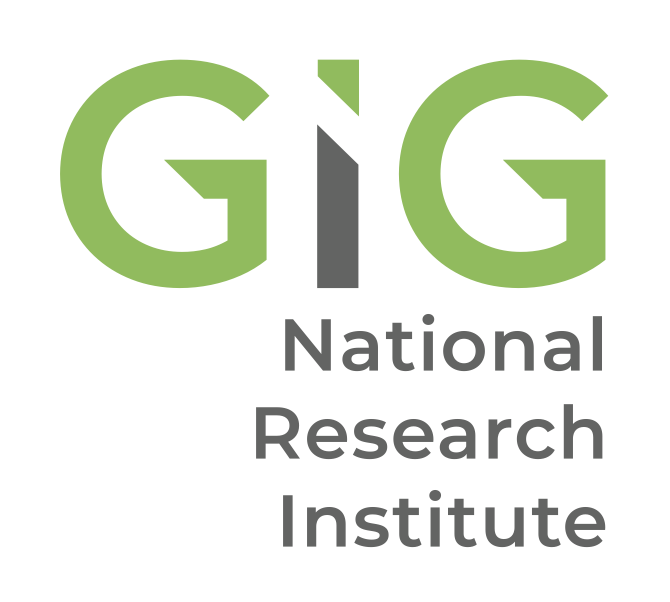

GIG (Central Mining Institute)
Work Packages: WP1, WP2, WP3, WP4, WP5, WP7
Country: Poland
Established in 1945, Central Mining Institute (GIG) is a Polish governmental research institute engaged in mining engineering, safety in mines, and environmental protection in the coal mining sector. GIG’s multidisciplinary activities comprise: mining engineering; geology and hydrogeology; geophysical engineering; combating natural and technical hazards in the mining industry; clean coal technologies; energy, upgrading and utilisation of minerals and reserves; monitoring and environmental protection in areas of mining exploitation (especially industrial waste management); and certification of equipment and materials. GIG is also an active participant in the Zero Emission Fossil Fuel Power Plant, Sustainable Mineral Resources and Sustainable Chemistry European Technology Platforms.
It has expertise in CO2 storage and monitoring in coal seams; in CO2 injection into aquifers through boreholes from surface; in Life Cycle Assessment methodology; and in strategic planning for low-carbon energy and industry through CCUS in Europe via its participation in STRATEGY CCUS.


HEREMA (Hellenic Hydrocarbons and Energy Resources Management Company)
Work Packages: WP1, WP2, WP4, WP6, WP7
Country: Greece
Established in 2011, the Hellenic Hydrocarbons and Energy Resources Management S.A. (HEREMA, f. HHRM) is headquartered in Athens and is wholly owned by the Hellenic State. It functions as the exclusive licensing and management authority for Greece’s energy-resource sectors, tasked with enabling the country’s transition towards net-zero carbon by 2050, strengthening energy security and maximizing the value of national energy assets. HEREMA is responsible for licensing and overseeing activities in Hydrocarbon Exploration and Production (E&P), Offshore Wind Farm Development (OWF), Carbon Capture and Storage (CCS) and Underground Gas Storage (UGS). It also serves as the competent authority for offshore safety under the applicable legislation.
The company maintains a comprehensive National data library, which includes nearly 180 onshore and offshore wells, recently acquired 2D & 3D seismic data, legacy reprocessed 2D & 3D datasets and multiple G&G studies from areas across the country. This extensive resource enables detailed evaluation of subsurface porous formations and reservoir geometries, assessing their suitability for both hydrocarbon exploration and CO2 storage applications. In line with Greece’s energy transition goals, HEREMA places particular emphasis on CCS as a key mitigation solution.
Within the PilotSTRATEGY project, HEREMA contributes to the reprocessing and interpretation of seismic data for the Western Macedonia region (Mesohellenic Basin) to assess CO2 storage potential and supports the technical and economic evaluation of pilot options and regional implementation planning. It is also involved in stakeholder engagement, policy dialogue and the dissemination of project results in Greece. Through its participation, HEREMA strengthens Greece’s capacity to develop safe, effective, and publicly accepted CO2 storage solutions in support of the National energy transition.


ICS (Instituto de Ciências Sociais)
Work Packages: WP1, WP6, WP7
Country: Portugal
Part of the University of Lisbon, the Instituto de Ciências Sociais (Institute of Social Sciences) is an internationally renowned multidisciplinary centre which researches contemporary societies. It has three main areas of activity: research; postgraduate education; and outreach, involving impact on public policy and dissemination of scientific knowledge to non-academic audiences. Its research covers the disciplines of Social and Cultural Anthropology, Political Science, Human Geography, History, Social Psychology, and Sociology. One of its seven research groups specialises in social issues related to environment and territory, comprising sociologists, geographers, and anthropologists.
ICS has extensive research experience in energy and climate change, specialising in engagement with communities and stakeholders. It has organised local and national public consultations on climate and energy, climate change adaptation, recycled fuels, science communication, and digital technologies.
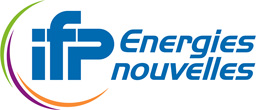

IFPEN (IFP Energies Nouvelles)
Work Packages: WP1, WP2, WP3 (leader), WP5, WP7
Country: France
FP Energies Nouvelles (IFPEN) is a leading research and training organisation in energy, transport and the environment. Technological innovation is at its core, structured around three strategic priorities: sustainable mobility, new energies and responsible oil and gas.
It has significant involvement in CCS and CCUS and is strongly committed to the development of capture, transport and CO2 storage technologies. IFPEN leads, or has led, several EU FP6 and FP7 projects including CASTOR, INCA-CO2, COACH and CESAR, and is a key partner in other projects, including STRATEGY CCUS, CACHET, ENCAP, DYNAMIS, CAPRICE, ECCO, COCATE, CO2ReMoVe, CO2GeoNet and GeoCapacity. It is also involved in industrial CCS demonstration projects with Petrobras and TOTAL.
It is developing innovative industrial processes for capturing CO2, which are less expensive and consume less energy, as well as tools for managing CO2 geological storage. It is also active in storage site selection and characterisation; optimisation of CO2 injection in underground reservoirs; long-term storage monitoring; and the re-use of CO2.


IGME (Instituto Geológico y Minero de España)
Work Packages: WP1, WP2, WP3, WP4 (leader), WP5, WP7 (co-lead)
Country: Spain
Created in 1849, IGME (Geological Survey of Spain) is a public research institution focused on Earth Sciences which became part of the Spanish National Research Council (CSIC) in April 2021. In particular, IGME assists and advises government, economic agents and society in general on geology, hydrogeology, geo-environmental sciences, and geological resources and minerals, including energy resources.
Since 2000, IGME has led on CO2 geological storage in Spain, actively studying and evaluating storage sites, and is a key player in the Spanish CO2 CCUS network. It is also a member of Spain’s CO2 Technology Platform, which promotes the development and deployment of CCS technologies and CO2 uses to support national emission reduction commitments and build a competitive CO2 sector.
It has participated in many national and European initiatives, projects and networks, including the FP6 and FP7 projects GeoCapacity, COMET and CGS; Horizon 2020’s ENOS and STRATEGY CCUS; and the ERA-NET ACT’s SENSE.


Repsol
Work Packages: WP1, WP2 (co-lead), WP3, WP4 (co-lead), WP5, WP6, WP7
Country: Spain
Repsol is a global multi-energy company which is leading the energy transition with its ambition of achieving net-zero emissions by 2050. Present throughout the energy value chain, its customer-focused product and services portfolio is capable of meeting all consumer needs, whether at home or on the move. To achieve net zero, Repsol is deploying an integrated model of decarbonisation technologies based on enhanced efficiency, increased low-emissions power generation capacity, production of low-carbon fuels, development of new customer solutions, the circular economy, and breakthrough projects to reduce the industry's carbon footprint. Much of its research is carried out at the Repsol Technology Lab, which has annual investment of around €80m.
For PilotSTRATEGY, Repsol will, among other things, participate in the geocharacterisation of the potential pilot sites in Spain and help simulate uncertainties, optimise injection strategies and storage capacities, and monitor CO2 behaviour over time. It will also be involved in the economic evaluations.
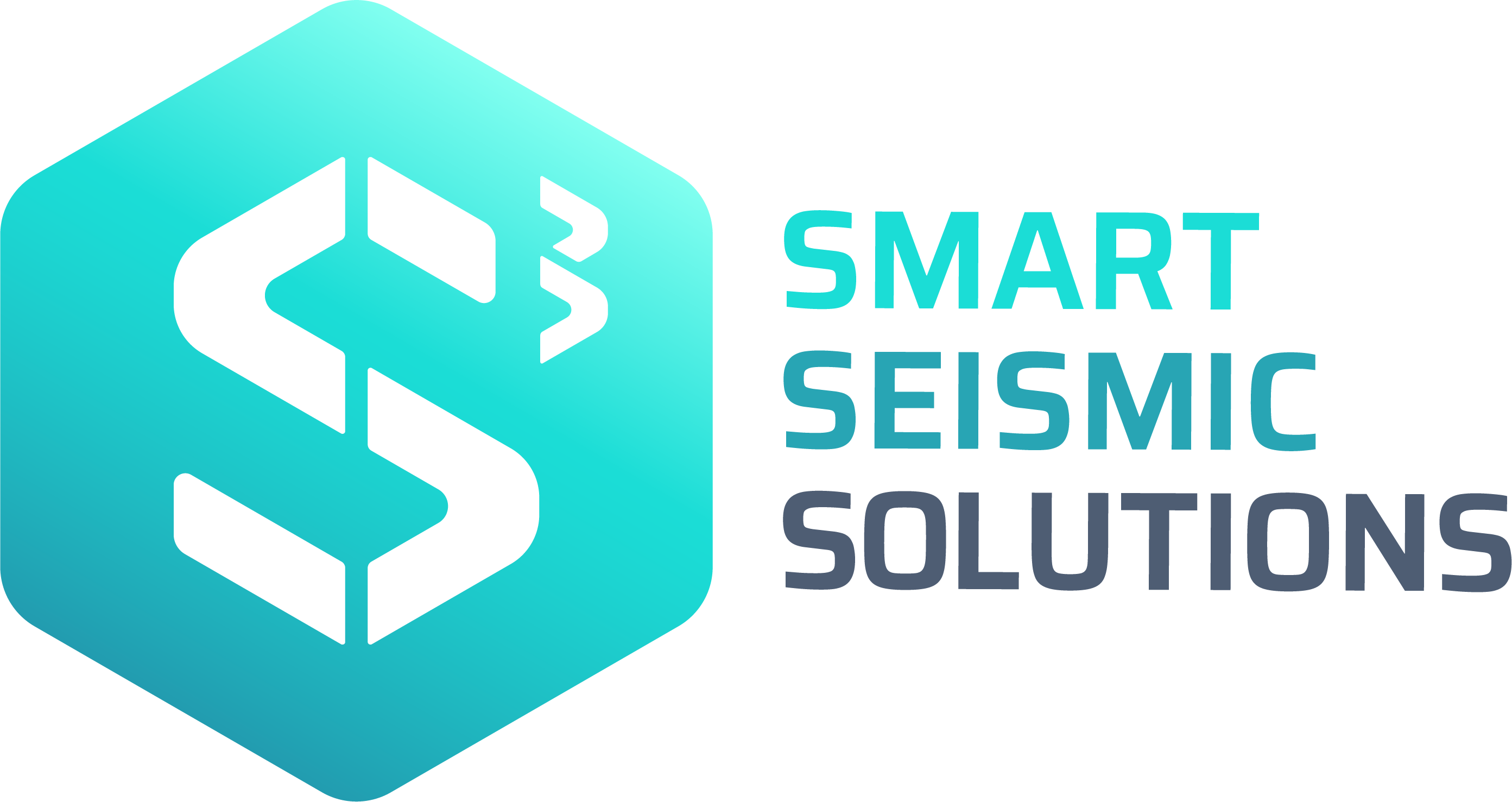

S3 - Smart Seismic Solutions (third party)
Work Packages: 2
Country: France
Anything. Anywhere. Anytime
Smart Seismic Solutions, called «S³», is an agile and adaptable Geoscience Company deploying high-end technologies and high-skilled people in any kind of environment. We acquire the best and most accurate geophysic data, necessary to highly strategic decisions, from land nodal systems to Ocean bottom nodes recording systems.


Symlog
Work Packages: WP1, WP6, WP7
Country: France
Institut Symlog is a private social sciences research consultancy specialising in societal risk governance topics, science/policy/civil society interface, responsible research and innovation, stakeholder engagement, communication and dissemination. Founded in 1982, it has provided action research, desk and major survey studies, co-construction of stakeholder best practice and roadmap documents, public consultation, facilitation and writing, programme evaluation, and teaching and training for a wide range of public and private French, European and international organisations.
A particular specialty has been close collaboration with scientists and technologists to derive and communicate the main messages from their work, highlighting its relevance for policy and society, and providing a basis for stakeholder feedback. It also specialises in creating platforms for dialogue enabling civil society stakeholders to take a leading role in the assessment of concerns and in joint construction of risk management.


Universidade de Évora
Work Packages: WP1, WP2, WP3, WP4, WP5, WP6, WP7
Country: Portugal
The University of Évora is participating through its Institute of Earth Sciences (ICT – Instituto de Ciências da Terra ) which also has branches at the Universities of Minho (Braga) and Porto. ICT’sCCS/ CCUS work is carried out within two of its six research groups: Energy, Water, and Environment; and Geodynamics, Geological Resources and Geological Materials. The university fosters close links with the wider community through networks and knowledge exchange, such as participation in the Alentejo Science and Technology Park. Overall, the University of Évora is involved in some 150 national and international R&D projects.
For PilotSTRATEGY, the University of Évora will lead the Portuguese team researching the Lusitanian basin and will also work on stakeholder engagement. It has previously assessed CO2 storage capacities in saline aquifers in Portugal within the KTEJO and COMET projects, and is a partner in STRATEGY CCUS studying CCUS deployment, again in the Lusitanian basin. It also coordinated the definition of transport routes and pipeline corridors for Portugal, Spain and Morocco in COMET.
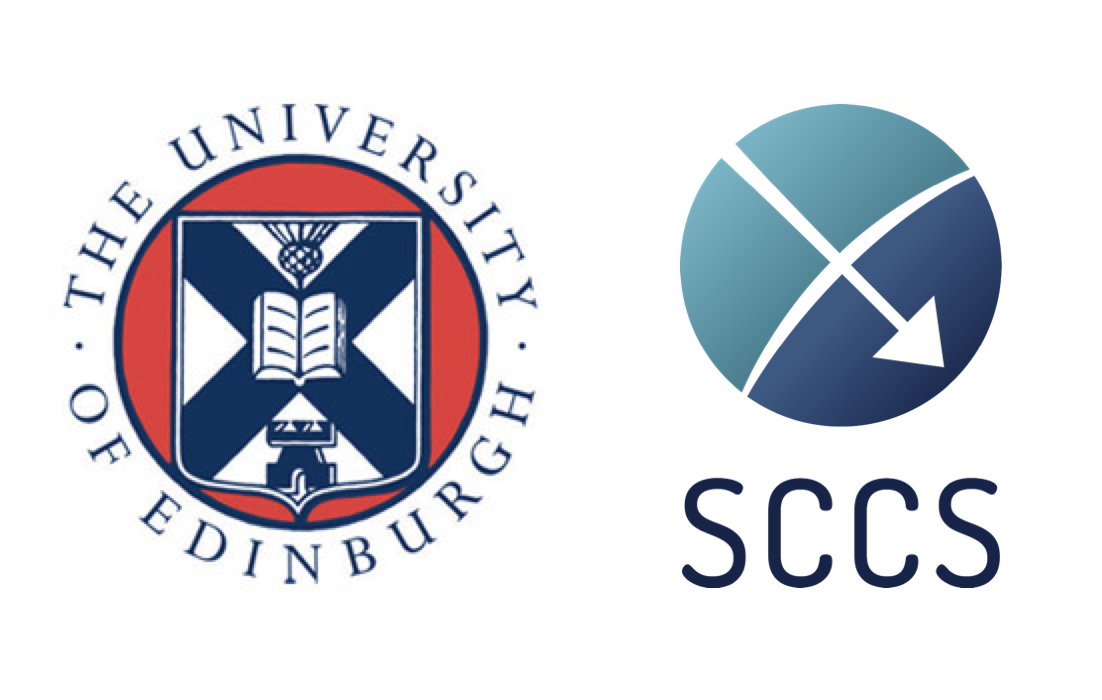

University of Edinburgh / SCCS
Work Packages: WP1, WP2 (leader), WP7 (leader)
Country: UK
The University of Edinburgh is Scotland’s leading research university and among the top 25 globally in the QS rankings. Its School of GeoSciences, which will lead WP2, has outstanding facilities and one of the UK's biggest concentration of highly rated researchers in its subject areas.
The university hosts Scottish Carbon Capture & Storage (SCCS) which will lead WP7. SCCS is the UK’s largest CCUS research grouping, representing more than 250 academics from six research organisations engaged in innovative research and development across the full CCS chain. The SCCS Secretariat’s expertise includes project management, business development, knowledge exchange and communication, techno-economic research, policy analysis and public engagement. It has substantial experience of working on international research projects; it leads the ERA-NET ACT2 project NEWEST-CCUS and is/was a partner in H2020 projects SECURe, STRATEGY-CCUS and REALISE. It also helps manage the CCUS Projects Network which represents and supports major European industrial CCS/CCU projects on behalf of the European Commission.
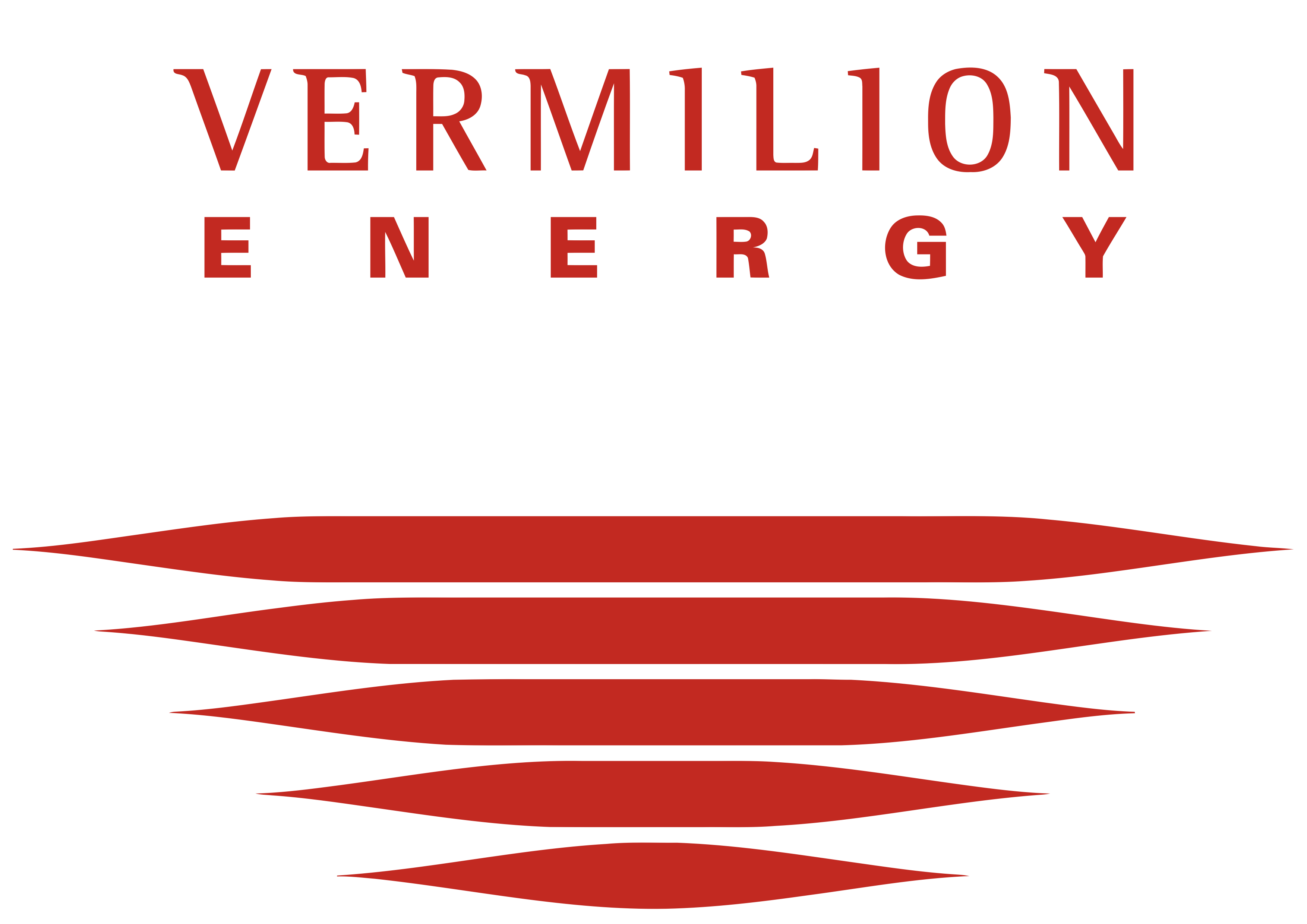

Vermillion Energy (third party)
Work Packages:
Country: France
Vermilion REP SAS is the French subsidiary of Vermilion Energy Inc., which operates in North America, Europe and Australia. Our goal is to develop and produce hydrocarbons in socially and environmentally responsible ways.
Subscribe to our Newsletter
We use Mailchimp as our marketing platform. By clicking the subscribe button, you acknowledge that your information will be gathered in line with our Privacy Policy, and transferred to Mailchimp for processing.
